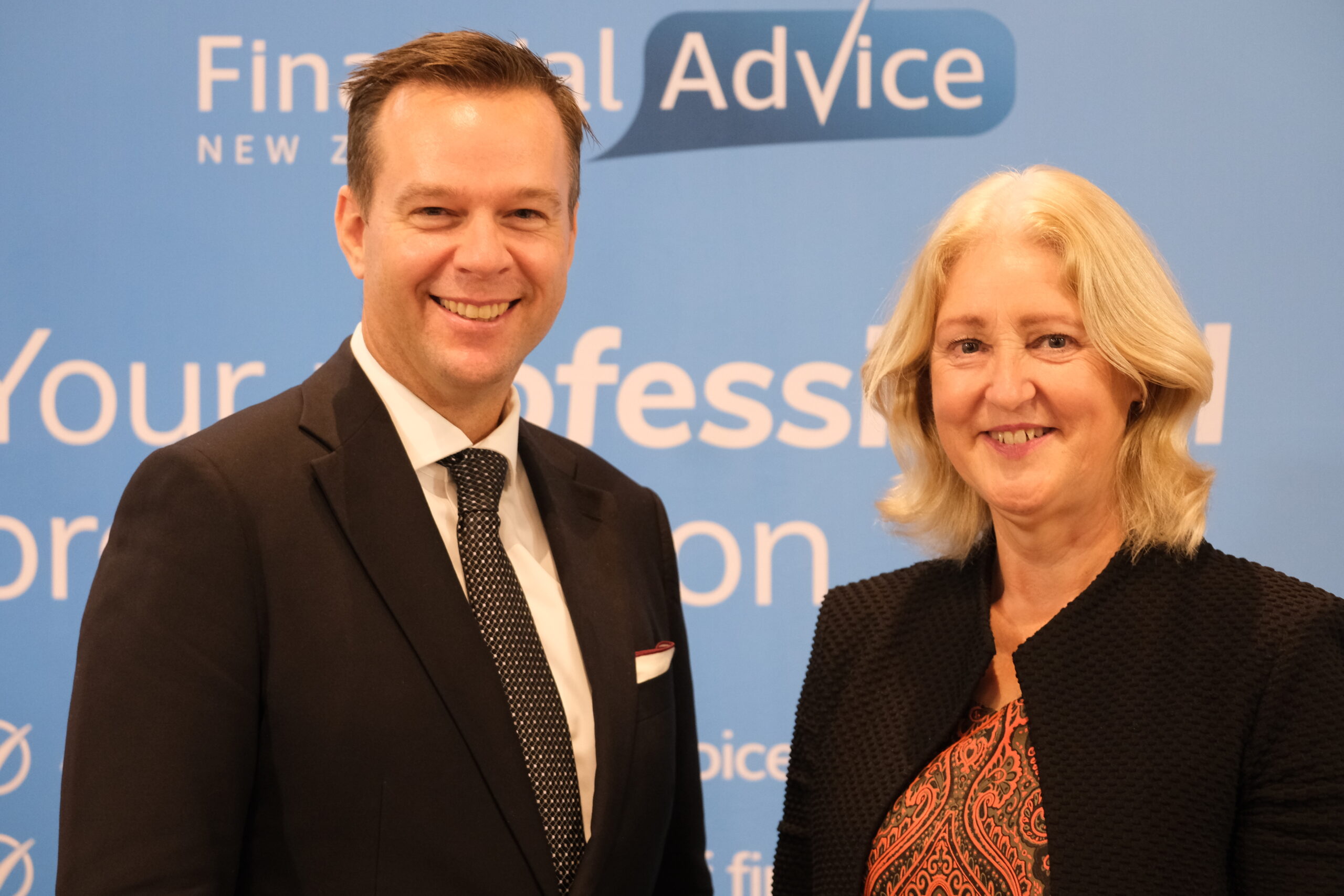Author Katrina Shanks, CEO Financial Advice NZ Article originally published in Stuff.co.nz.
One of the biggest challenges young people face in the first years of their working life is making enough money to do the things they want.
Sometimes, it seems like you’re getting nowhere, merely living from payday to payday just to cover essentials like rent, food and other bills, but having little or nothing left over for doing the good things in life.
The trick is how to ensure you do have something left over for that night on the town, that concert, that weekend trip.
Several years ago, Massey University did a survey of student financial health that found young Kiwis lacked budgeting, saving, and investing skills. The average score for questions relating to budgeting and financial management was just 37 out of 100. The next lowest average score, at 45, was for saving and investing.
Few will find that surprising, since financial literacy is not big across the school curriculum.
But it is a concern because it’s that lack of knowledge that leads to the situation young people invariably find themselves in. (It’s also an argument for taking a serious look at what we need to be teaching at school, but that’s for another time, as is the Living Wage).
More recent research, this time in the UK, showed 58 per cent of 18 to 24-year-olds were turning to high-cost credit once a quarter or more. It concluded this lack of financial stability can lead to more stress and confusion, resulting in young workers making poor decisions that affect both their mental and financial health.
Other research shows those aged 22 to 29 are more likely to embrace responsible financial habits if they’re given regular reminders and guidance.
So, what are some of the changes can you make to your money habits and attitude to help enable you to do those things you want put you on the road to changing your lifestyle, not just in the short term but longer-term as well?
Always the first thing is to reduce or eliminate debts. This includes buy-now-pay-later purchases.
Start by figuring out how much you owe and then develop a plan to pay it off. You can do this by using a spreadsheet or one of several apps around that will give you a good picture of where you’re at after just a couple of weeks of entering your spending details.
Once you’ve done that, work out how much you can comfortably afford to pay for each debt on a regular basis.
Then, you should figure out what your spending habits are so you can formulate a plan of attack.
Add up your income and expenses to see how much you realistically need each week for different things, where you are over-spending, and where you can cut back. Ask if you need that purchase or is it just a nice-to-have?
You could try to see how close you can get 50/30/20 rule: spend 50 per cent of your income on necessities, 30 per cent on savings, and 20 per cent on luxuries. I know for many this ratio split may seem a lifetime away – but have a look and see how close you can get.
Here are some ideas that may help you cut back spending and give you more to save and for luxuries:
– Limit your coffee and alcohol intake for the week.
– Instead of using Uber, walk and get your meals out
– Plan your meals before you do your grocery shopping for the week
– Visiting a mall or an outing can be tempting and dangerous, so stay away unless you really must go
– Buy-now-pay later purchases can be a trap for nice to have things – always remember you have to pay it back sometime and if you fail to meet the regular payments, the penalty fees will soon add up
– Remember, a sale is not your friend unless you were planning to buy it
– Free things are fun as well – swim at the beach instead of the pool, running and walking is just as good as a treadmill
– Look at how often you use your streaming accounts, such as Netflix, Neon, Sky – maybe you could ditch one of them
– Delay updating your phone or mobile plan until you have to
– If you wouldn’t buy cash for something, don’t get it on credit
Budgets are harder to stick to when all your spending is in same account, so another idea is to split expenditure into different bank accounts.
Establish bank accounts for the different parts of your spending, and on pay day transfer set amounts into them, according to your needs and wants.
If you can do that and stick to it, you will have built up the discipline you need to make the budget work and to get ahead.
The key to getting yourself on track is to get motivated and to start now. It’s never too late to start. By the way, if you have a student debt don’t let that put you off starting with some good disciplines.
Financial disciplines create good financial behaviour. It’s no different to exercising – the more you do it the better you feel, and the flow-on effect into good eating habits and good sleeping habits holistically benefits your whole wellbeing.
In the words of my financial adviser – let’s start now and re-assess how you’re going in a few months. You may just surprise yourself.








